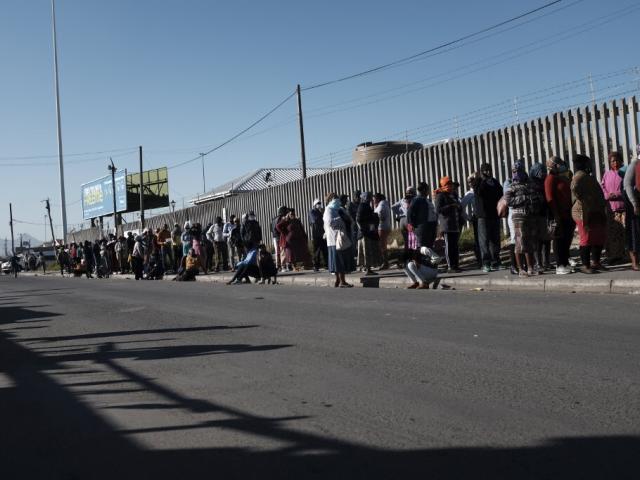In September 2021 a screenshot spread on WhatsApp in Nigeria claiming that the federal government had borrowed N6.16 trillion from the country’s pension fund, valued at N8.499 trillion (US$20.675 billion at current rates).
Text in the screenshot, which was still doing the rounds in early November, advised civil servants who live and work in the country to make alternative retirement plans, claiming that “very soon there will be no pension again”.
The screenshot circulated amid public debate about government borrowing and the country’s debt profile.
But could Nigerian civil servants lose their pensions?
Screenshot from 2019 media report
We traced the screenshot to an article published by the national daily newspaper Punch on 16 January 2019.
According to Punch, the total pension assets under the contributory pension scheme was N8.49 trillion as of November 2018. This was based on figures published by the National Pension Commission.
The commission’s data showed that the federal government had borrowed 72.5% (about N6.16 trillion) of the fund, which was then invested in federal government securities.
Punch said fund administrators, who manage the pension scheme invested 6.87% or N584.32 billion of the fund in domestic ordinary shares. An additional 0.71% or N60.53 billion of the fund was invested in foreign ordinary shares.
‘No need for panic’ says academic
There was no need for worry if the funds were invested in government securities, Bayero Kasim, professor of public finance at the Usmanu Dan Fodio University in Sokoto, northern Nigeria told Africa Check.
“If the pension fund was converted to federal government bonds, that is securities, then there is no need to worry.
“It is true that a lot of people are concerned about government borrowings and the country’s rising debt. But I don’t think the Nigerian government can go broke to the extent it cannot pay its debts,” he said.
(Read: Is Nigeria ‘officially broke’? Why prominent economist’s warning needs a larger view.)
Kasim said federal government bonds were a largely safe investment option and so civil servants were not at risk of losing their pension contributions.
Nigerian officials calm fears
In October 2021 Nigeria’s budget, finance and planning minister, Zainab Ahmed, tried to allay fears over the country’s rising debt, saying the main concern was dwindling government revenue and not debt levels.
She gave a breakdown of how the 2021 budget had performed and said of the N8.14 trillion the country spent in the year, N2.87 trillion was used to service debts while N2.57 trillion went to personnel costs, including pensions.
In December 2020, the African Development Bank approved plans by some African countries to borrow from their pension funds for infrastructure.
Earlier that year, Patience Oniha, who heads Nigeria’s Debt Management Office, said government borrowing from the pension fund was not illegal. She added that this would not affect the pension scheme or payments to retirees.



Add new comment